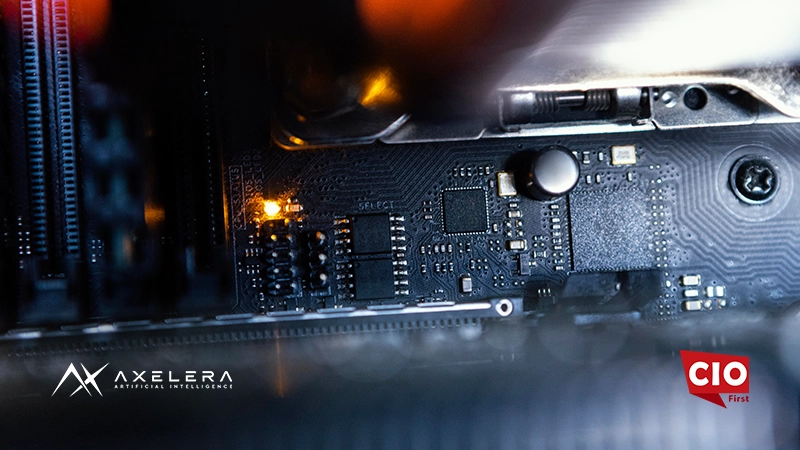Axelera AI has been awarded a grant of up to €61.6 million to accelerate the development of its cutting-edge AI chiplet, designed to enhance high-performance computing and AI processing. The funding, secured through a European initiative, aims to bolster the company’s efforts in delivering scalable, energy-efficient AI hardware tailored for demanding computational workloads.
As artificial intelligence continues to push the boundaries of computing power, scalable chiplet architectures have emerged as a key innovation in overcoming performance and efficiency challenges. Axelera AI’s new chiplet solution is designed to meet the growing needs of AI-driven applications, offering increased processing capabilities while optimizing power consumption. The funding will support the company’s research, development, and manufacturing efforts, ensuring that its AI hardware remains at the forefront of technological advancements.
“This grant is a testament to the importance of developing AI hardware that is both scalable and power-efficient,” said Fabrizio Del Maffeo, CEO of Axelera AI. “It enables us to further our mission of delivering cutting-edge AI acceleration solutions that redefine efficiency and performance in high-performance computing.”
Also Read: Elastio and Magna5 Partner to Strengthen Ransomware Recovery for Businesses
Axelera AI has been making significant strides in the AI hardware industry, focusing on providing cost-effective, high-performance solutions that empower enterprises to deploy AI at scale. With this latest funding, the company is poised to accelerate innovation in chiplet-based architectures, ensuring that AI-driven businesses have access to the most advanced computing solutions available.
The grant highlights Europe’s commitment to strengthening its AI and semiconductor industry, fostering innovation that positions the region as a global leader in AI hardware development. By advancing scalable AI chiplets, Axelera AI is contributing to the future of high-performance computing, offering solutions that address the increasing demand for efficiency, power optimization, and computational speed.
























